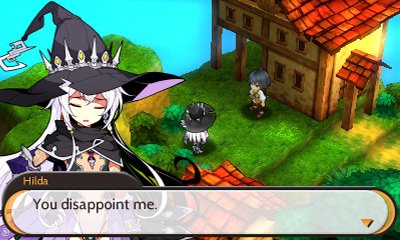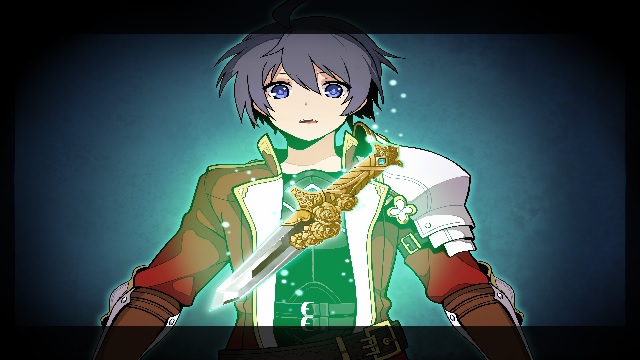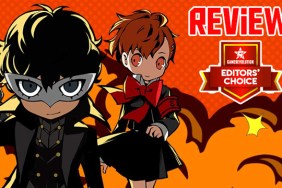My new term for an acid trip.
Let's start with a well-established fact: From Sailor Moon to Assassination Classroom and Kill la Kill, a good majority of animé will, at some point in time, get really fucking weird. Some just say “screw it” and start off that way—I'm looking at you, Is This a Zombie? Here's another fact: Atlus is known for their vast library of animé-inspired titles, be they adaptations, continuations, or original stories with animé stylings. Put those two facts together, and you have a fair idea of what to expect in their latest SRPG, Stella Glow.
Touted as the last game to be released by Imageepoch, the Japanese studio which filed for bankruptcy earlier this year amid news of the disappearance of their CEO, Ryoei Mikage, Stella Glow has been trumpeted as the culmination of everything Imageepoch has learned over their ten-year history (minus debt management, apparently). This experience can be found in Stella Glow, though not always consistently.
After opening with a scene of someone being “put down” in a fire (because animé reasons), we are treated to a village story of the god Regnant, who lived on the moon, whose name gets mentioned briefly and then is only referred to as “god.” Not “god of the moon,” “the moon god,” “the god of our world,” or anything of the like, just “god,” giving the entire game a bit of a religious-but-not-really vibe, especially when the characters discuss things they learned about “god” in “Sunday school.”
Regnant loved his people, and his people loved him, until they didn't because they're terrible humans and started producing plain red Starbucks cups. (Just kidding… that would never fly in gaming.) Fed up with humankind's “arrogance,” the god did the only logical thing and waged holy war. Though humanity was able to quell the anger of the god with assistance from the hero Elchrist (seriously, the religion thing), Regnant took one beautiful thing away: the power to sing. So of course when Alto, our protagonist, hears melodic words coming from the forest, they belong to a song being sung by a witch, who happens to be Hilda, the Witch of Destruction. Obviously.
But hold on, it gets weirder. As players go through the prologue and learn the battle system, Alto's adopted sister, Lisette, spontaneously combusts and drags Alto into the black flames of her heart, because—surprise!—she's the Water Witch. Though players learn it a little later, it's a process called “tuning,” reining in the doubts and anger of a Witch's heart, and the only way for them to control their song.
So of course, Lisette is now key to a project, called the Anthem Project, to free citizens of the kingdom entrapped in crystal. Yes, crystal. (Hilda's song turns everything to crystal because anyone who's watched Sailor Moon knows things obviously turn to crystal). This project requires Lisette, Alto, and the Knights of Regnant to find three more Witches to partner with Lisette and become the video game animé magical version of The Bangles, with just about as much walking but less like Egyptians.
Once you get past the religious theme and the bizarre, drug-trippy similarities to Puella Magical Girl Madoka, the storyline is surprisingly gripping. Always a strong point in Atlus games, the game's characters have notable depth. The Witches and the party of knights each have their own motives for defeating Hilda, which can be uncovered during optional conversations during “Free Time,” also forming bonds with characters a la the Shin Megami Tensei series. Beneath the myriad of weirdness, emotions get messed with—romance, loyalty, and deceit all find a home in the world of Stella Glow, and I found myself deeply caring about the characters in my party, actually compelled to keep playing to right such injustices which had been inflicted upon them.
It's a good thing the story is gripping, though, because at times it seems like Stella Glow is all story and no gameplay. It borders on “interactive novel” at times. Granted, there are a lot of characters to introduce between Alto, Lisette, Hilda, her henchmen, the Regnant Knights, the Queen, the Witches, et cetera and so forth and so on. But the story, though well done, just drags on and on and on. Even I'm surprised at this, as I'm a story-trumps-all kind of person, but I can only handle so much exposition before wanting to get down and hack at some enemies.
To that point, the battle system is good, very good even, but not great. Battles are fought during “Mission Time” on a squared-off grid. Characters can move a set number of steps based on their speed and the type of terrain being fought on. Rusty, for example, is very quick and can move around the field fairly quickly regardless of terrain; his counterpart in the Regnant Knights, Archibald, cannot, trading off speed for heavy hitting. Popo, the Wind Witch, can use the element to her advantage, allowing for plenty of movement and some far-ranging archery but can't hit anything directly in front of her without magic. Later in the game, Alto can “conduct” the singing Witches, unlocking powerful spells that often affect the entire field in a method that looks vaguely like taking the blade-shaped Song Stone and jamming it into a Witch's heart. It's mildly traumatizing the first time it's seen in action, especially when accompanied by the fearful whimpers of the Witch it happens to.
The battle system, along with the Free Time versus Mission Time structure, almost feels like a simplified version of the Shin Megami Tensei series… possibly too simple for veterans of SRPGs. There's a lot I found in common with other games I have reviewed, including Shin Megami Tensei: Devil Survivor 2 – Record Breaker and Code Name: S.T.E.A.M., and while this is not necessarily a bad thing, Stella Glow just doesn't really deliver anything that the genre hasn't seen before. Combine that with the lengthy, lengthy times between battles in the opening act of the game (things really don't start picking up until quite late in the second chapter) and the fact that many battles early on are un-loseable (“Victory Conditions: Do your best against the Regnant Knights. Defeat Conditions: None.”), it wouldn't be surprising for many weathered SRPG gamers to turn their 3DS off.
Simple isn't necessarily bad, however; in fact, Stella Glow earns high marks as a game that would serve as a fantastic introduction to the genre. All the simplicity that experienced SRPG gamers would turn down makes for an excellent entry point into the basics of how strategic RPGs differ from modern RPGs, such as Dragon Age: Inquisition, The Witcher 3: Wild Hunt, or even the more classic turn-based RPG made popular by the Final Fantasy series. The ease of learning how acting versus waiting affects turn order, the idea of being restricted in movement and strategizing how to approach enemies, the need to vary your party due only to being able to deploy a set number, and doing this all without too much hand-holding makes for a great first step to beginners or novices in the genre.
As Imageepoch's swan song, it may not be a slam dunk, but it's clear that Stella Glow was crafted with care from people who know the genre, even if at times you just have to stare at whatever just happened in disbelief and say, “Okay, whatever, game.”
Review code provided by publisher. Exclusive for the Nintendo 3DS.
-
Beautiful anime stylings.
-
Characters that compel you to care about them and their well-being.
-
The first act drags on FOREVER.
-
Too much exposition combined with not enough gaming could turn some players off.
-
Other players may be turned off by the oversimplification of the SRPG structure.
-
While others still may find the simplicity of the game to serve as a welcome introduction to SRPGs.
-
Some of the game elements go from "What was that?" to just plain bizarre... which is good or bad depending on the person.
stella-glow
-
stella-glow #1
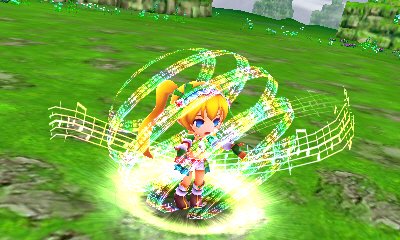
-
stella-glow #2
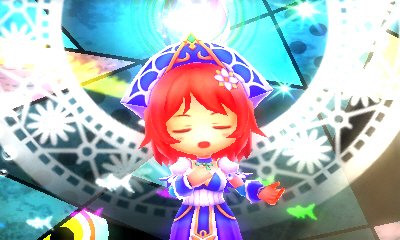
-
stella-glow #3
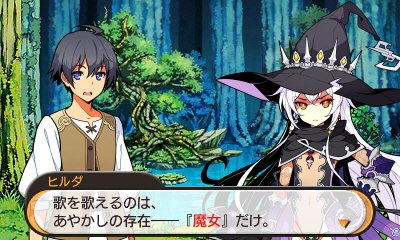
-
stella-glow #4
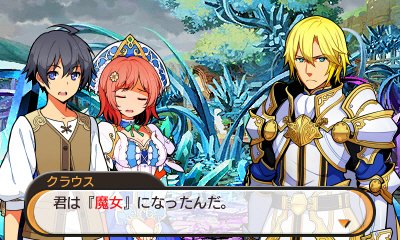
-
stella-glow #5
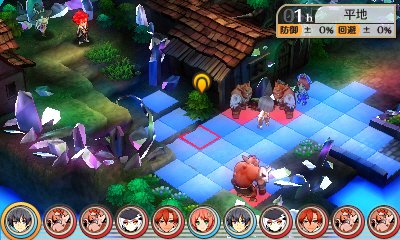
-
stella-glow #6
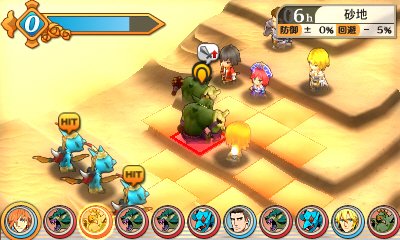
-
stella-glow #7
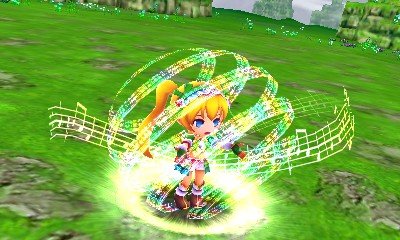
-
stella-glow #8
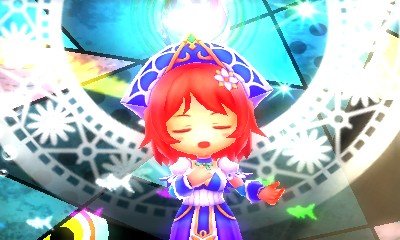
-
stella-glow #9
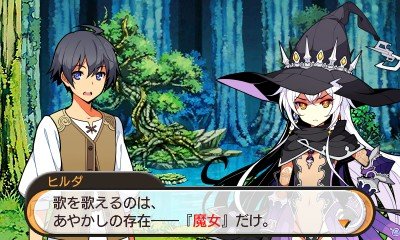
-
stella-glow #10
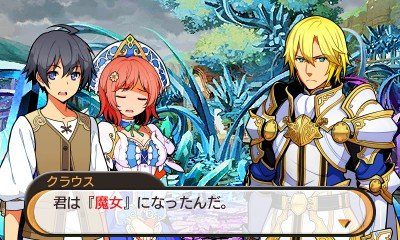
-
stella-glow #11
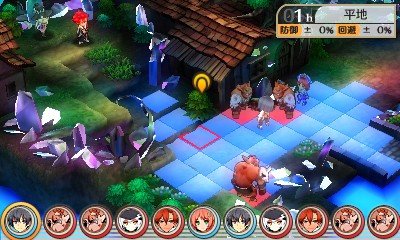
-
stella-glow #12
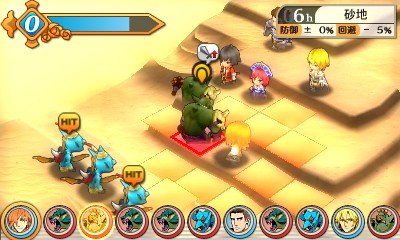
-
stella-glow #13
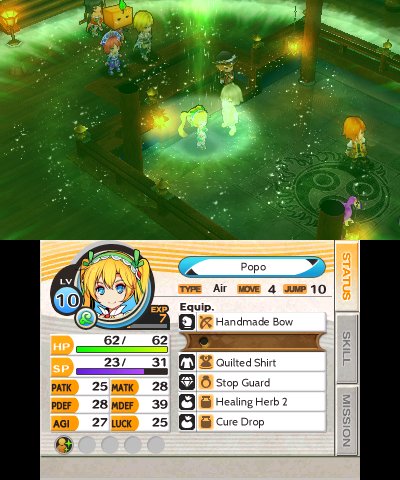
-
stella-glow #14
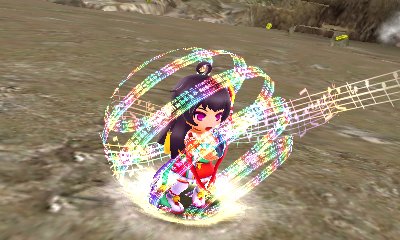
-
stella-glow #15
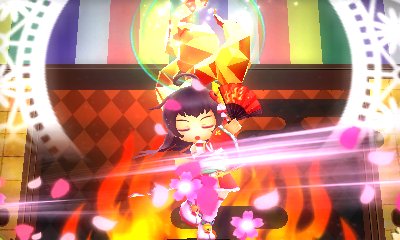
-
stella-glow #16
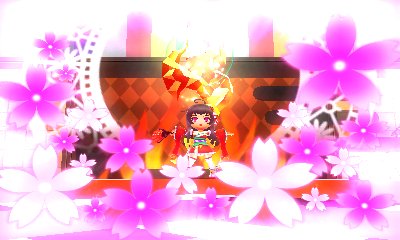
-
stella-glow #17
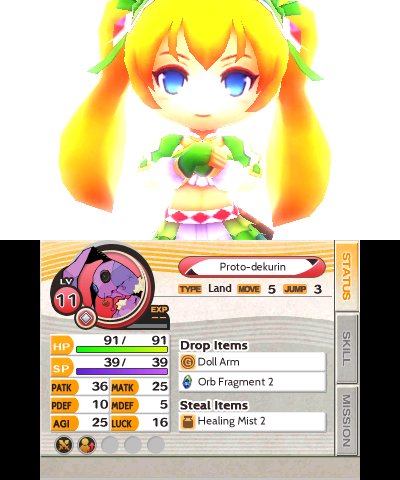
-
stella-glow #18
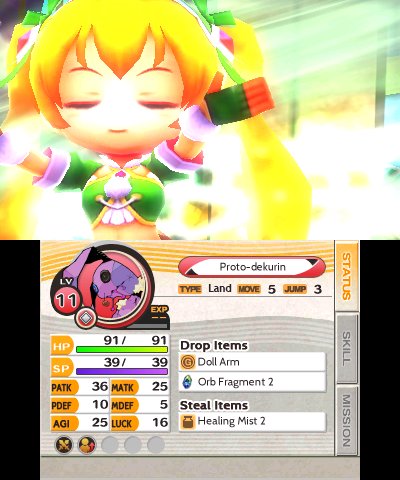
-
stella-glow #19
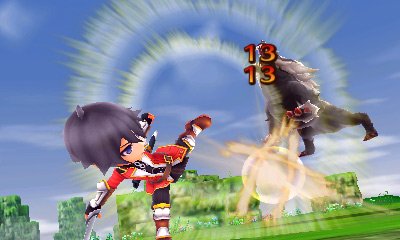
-
stella-glow #20
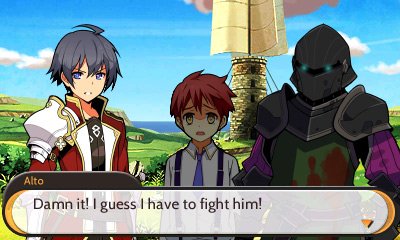
-
stella-glow #21
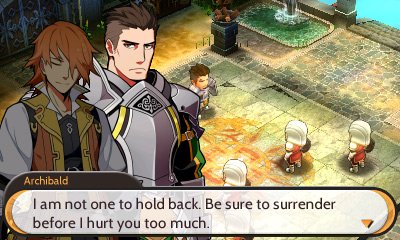
-
stella-glow #22
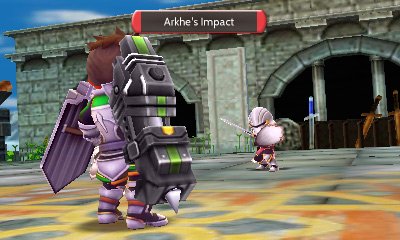
-
stella-glow #23
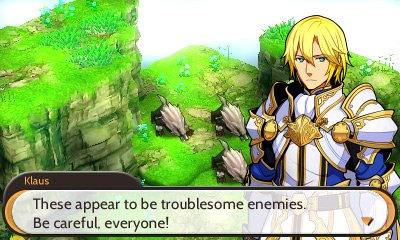
-
stella-glow #24
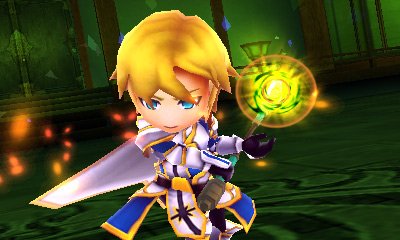
-
stella-glow #25
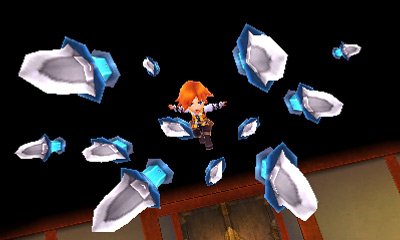
-
stella-glow #26
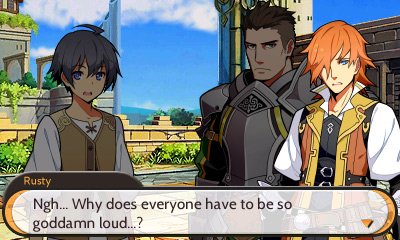
-
stella-glow #27
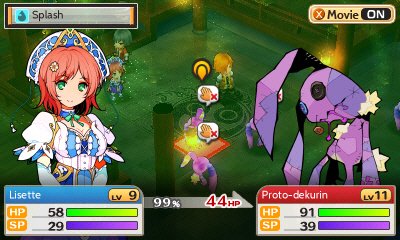
-
stella-glow #28
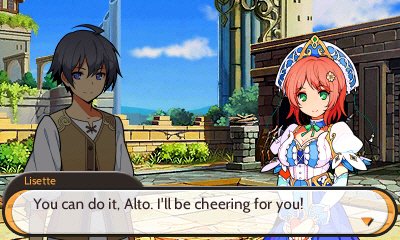
-
stella-glow #29

-
stella-glow #30
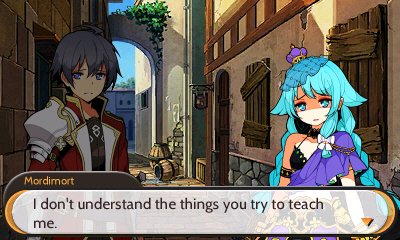
-
stella-glow #31
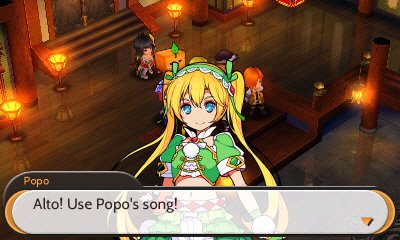
-
stella-glow #32
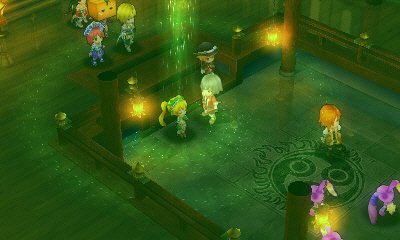
-
stella-glow #33
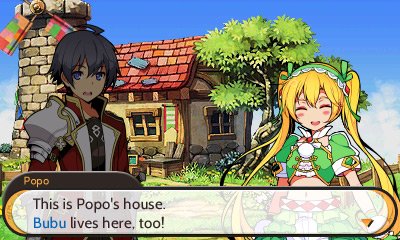
-
stella-glow #34
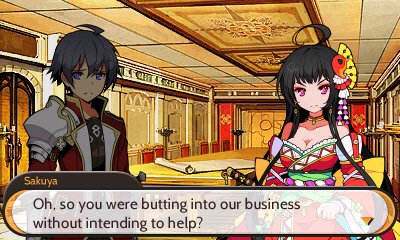
-
stella-glow #35

-
stella-glow #36

-
stella-glow #37
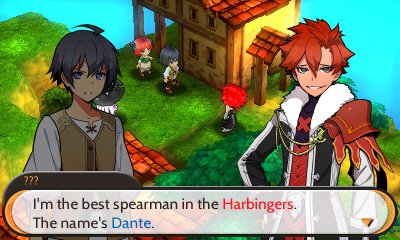
-
stella-glow #38
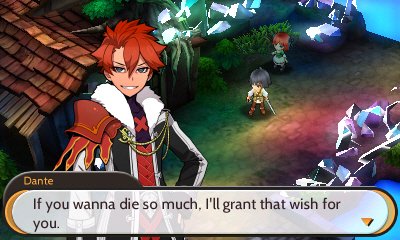
-
stella-glow #39

-
stella-glow #40
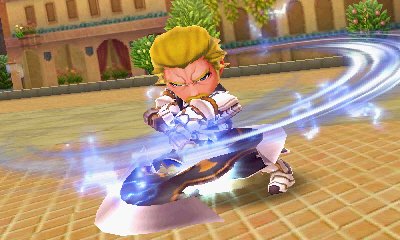
-
stella-glow #41
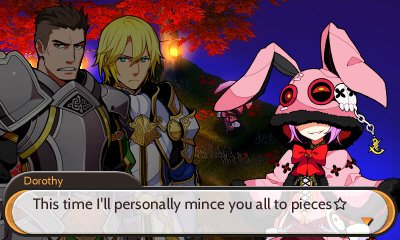
-
stella-glow #42
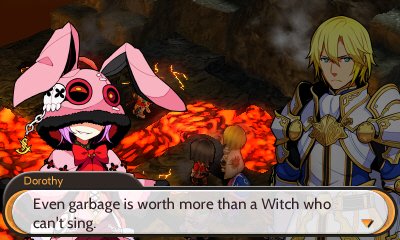
-
stella-glow #43
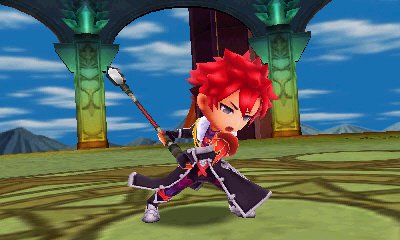
-
stella-glow #44
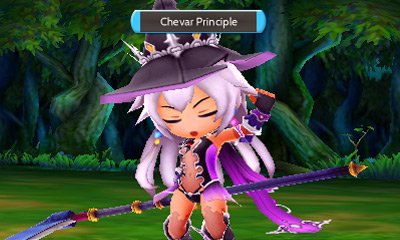
-
stella-glow #45

-
stella-glow #46
